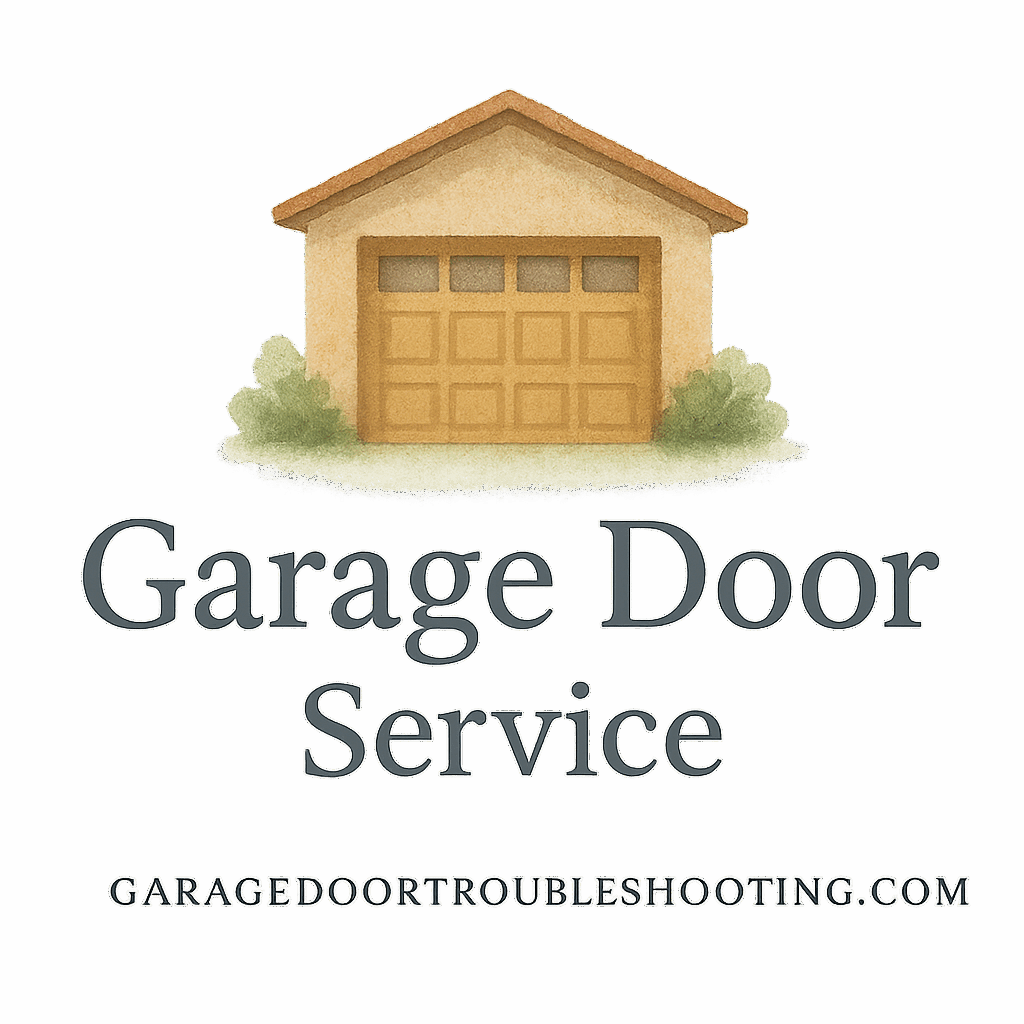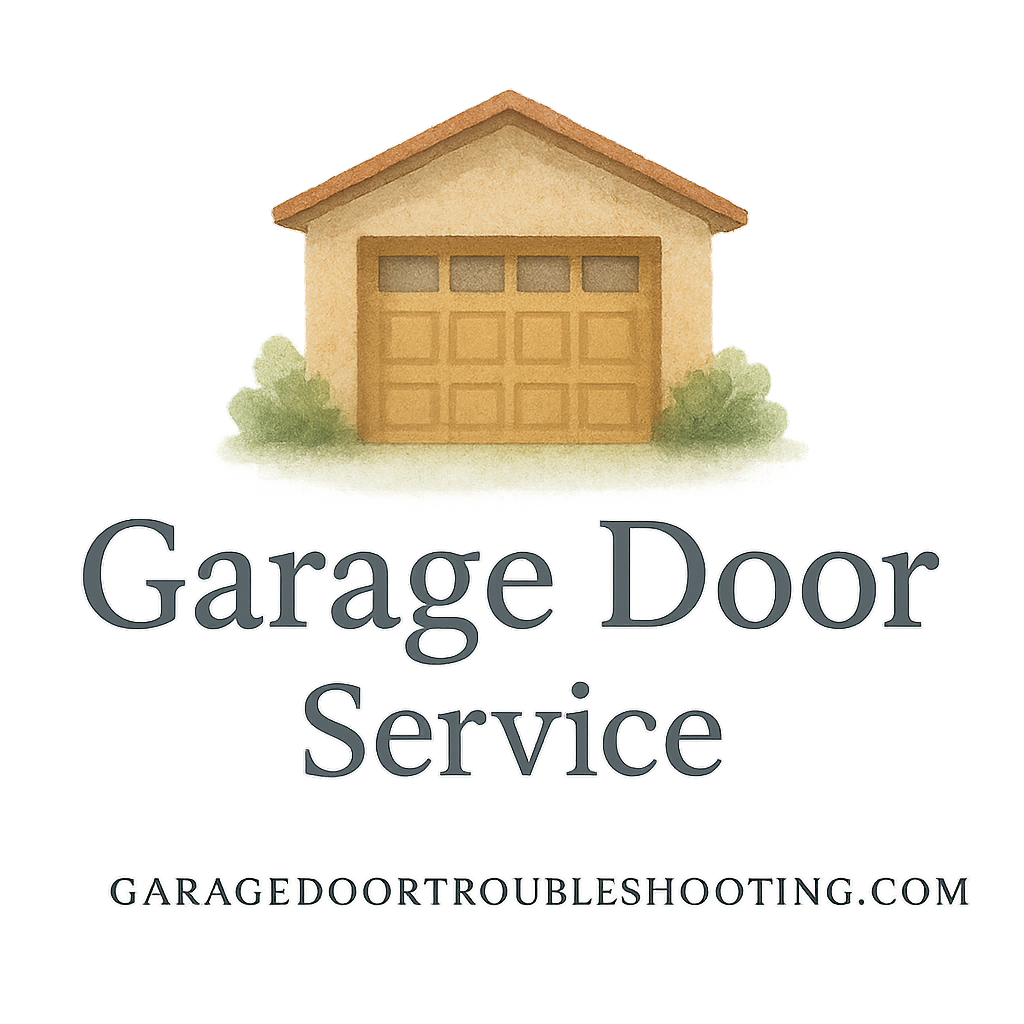Introduction
So, you’re in the market for a new garage door? Whether you’re upgrading for curb appeal, security, or just practicality, choosing the right type can feel overwhelming. With different styles, materials, and mechanisms, it’s like picking the perfect outfit—but for your house! In this guide, we’ll break down the 5 types of garage doors and help you figure out which one is the best match for your lifestyle and home design. Let’s dive in.
1. Sectional Garage Doors
What Are Sectional Garage Doors?
Sectional garage doors are arguably the most popular type in the U.S. These doors are made up of panel sections connected with hinges. As the door opens and closes, wheels at the panel edges roll inside vertical tracks on each side of the door opening.
Pros and Cons of Sectional Doors
Pros:
- Space-saving
- Good insulation options
- Safe and secure
Cons:
- Require ceiling space
- Hinges and rollers need regular maintenance
Best Use Cases
Perfect for residential garages that open onto driveways. They’re reliable, customizable, and blend well with most home exteriors. Check out this garage door installation advice if you’re leaning toward a sectional door.
2. Roll-Up Garage Doors
How Do Roll-Up Doors Work?
Roll-up doors, commonly found in commercial settings, consist of slats that roll around a drum above the door opening. These are incredibly sturdy and space-efficient.
Benefits and Drawbacks
Benefits:
- Durable, even in harsh climates
- Compact design saves space
Drawbacks:
- Pricier than other options
- Not as aesthetically pleasing for homes
Ideal Scenarios for Roll-Ups
They’re ideal for commercial garages or homes with limited ceiling space. Need more info on upkeep? Visit our garage door maintenance tips.
3. Slide to the Side Garage Doors
Features of Slide to the Side Doors
These doors operate exactly how they sound—they slide horizontally to the side and sit parallel to the wall. They were one of the first garage door mechanisms ever created.
Why Choose Slide to the Side?
They’re perfect for garages with little headroom or where ceiling storage is a must. Also, they’re easy to automate.
Is It the Right Fit for Your Home?
Think of this as the sleeper hit of garage doors—low maintenance, reliable, and uniquely stylish. Learn more about the benefits of non-traditional garage door styles.

4. Side-Hinged Garage Doors
Classic Charm with a Modern Twist
Side-hinged doors swing open and closed from a hinged frame on either side of the opening. Usually made of wood, they offer a barn-door aesthetic with modern tech upgrades.
When to Opt for Side-Hinged Doors
Ideal for garages that double as workshops or storage, where you don’t want to open the entire door just to get in.
Key Considerations
These need extra clearance in front to swing open. Also, they’re typically custom-fit, which may impact budget planning. Here’s a helpful buying guide if you’re considering this option.
5. Tilt-Up Garage Doors
The Two Types: Canopy & Retractable
Tilt-up doors come in two varieties:
- Canopy-style: Tilts up and protrudes outward
- Retractable-style: Slides completely into the garage
Pros and Cons of Tilt-Up Styles
Pros:
- Simple design
- Generally lower upfront cost
Cons:
- Needs ample driveway space
- Limited insulation options
Matching Tilt-Ups with Home Design
Great for mid-century or traditional-style homes. But keep in mind: the swing-out needs room to breathe!
Factors to Consider When Choosing a Garage Door
Budget and Material Choices
From steel to wood to composite, each material affects price, maintenance, and longevity. Be sure to factor in long-term costs as well.
Insulation and Energy Efficiency
If your garage is attached to your home or serves as a workspace, insulation is a must. Want pro advice? We recommend this guide on garage door repair and energy efficiency.
Safety and Security Features
Today’s doors come with smart sensors, rolling codes, and childproof locking systems. Safety should always be top priority—just ask our experts on garage door safety and security.
Maintenance Requirements
Some doors are high-maintenance divas, while others are more low-key. Consider your tolerance for regular check-ups, or better yet, opt into a maintenance plan.
Installation Tips and Professional Help
DIY vs Professional Garage Door Installation
If you’re handy, DIY might save money. But remember—garage doors are heavy, spring-loaded, and downright dangerous if installed wrong. That’s why many homeowners go with the pros listed on garage door services professionals.
Where to Find Reliable Services
Looking for certified providers near you? Browse our trusted service provider directory.
Conclusion
Choosing the right garage door isn’t just about looks—it’s a balance between functionality, budget, and your home’s vibe. Whether you need the ruggedness of a roll-up, the elegance of side-hinged, or the classic sectional, there’s a perfect fit for every garage out there. Do your homework, weigh the pros and cons, and when in doubt, ask a professional.
Explore more on garage door planning, safety, installation, and repairs at Garage Door Troubleshooting and become a confident homeowner in no time.
FAQs
1. What is the most durable type of garage door?
Roll-up doors are generally the most durable, especially for extreme weather or commercial use.
2. Are garage doors insulated by default?
Not all of them! You’ll want to choose insulated models specifically if energy efficiency is a concern. Check out our maintenance section for more tips.
3. Can I install a garage door myself?
Technically yes—but unless you’re experienced, it’s best to hire a professional. Safety springs can be dangerous!
4. Which garage door is best for small garages?
Slide to the Side or Roll-Up doors save on ceiling and wall space, making them great for compact garages.
5. Are side-hinged garage doors secure?
Yes, especially when fitted with modern locking mechanisms. Explore more in our safety guides.
6. How do I maintain my garage door?
Regularly check rollers, springs, and sensors. Or follow our garage door maintenance tips.
7. Where can I find a reliable garage door provider?
We recommend visiting garage door services professionals for a vetted list of experts.


